Hello to all the readers and supporters of the newsletter. I wanted to take a slightly different direction this week and take a step away from theory and education. Often when I am approached by those looking to learn more about investing, they ask, “What are some good recommendations to learn?” I, too, had this very same question on my journey and was eager to fill my head with as much information as possible in my journey to learning how to invest. This week I will review the top 5 books that I have read so far. There is plenty of literature available on the topic of investing and markets. These are the top 5 most influential books that have given me insight into the complex world of investing. This list is in no particular order. As you read through the list, you will notice that many of the books focus on the psychological aspects of investing. I feel that this is no coincidence, as the psychological aspects of investing are usually the most difficult area of investing that one tries to master. I hope you enjoy the list and decide to pick up a copy of these books along your investing journey.
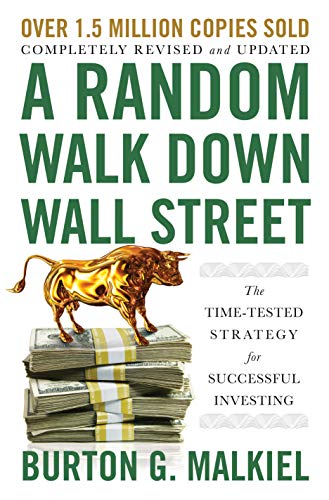
“A Random Walk Down Wall Street” by Burton Malkiel stands as a timeless masterpiece in the realm of investing, a must-read for every investor. Personally, it was my very first read in the world of investment literature. This book possesses an inherent brilliance, crafted in a manner that explains complex concepts in a simple manner. At its core, the book advocates for the reduction of unnecessary investment expenses, minimization of tax implications, and avoidance of speculative tendencies, all in the pursuit of optimizing long-term gains within the market. Malkiel champions a more cautious and prudent approach to investment backed by strong evidence, statistical analyses, and illustrative case studies. While I have found myself diverging from certain tenets of his theory, the value of this book remains undeniable. It serves as an invaluable initiation into the world of market theory and investment management, offering insights that any aspiring investor can learn from.
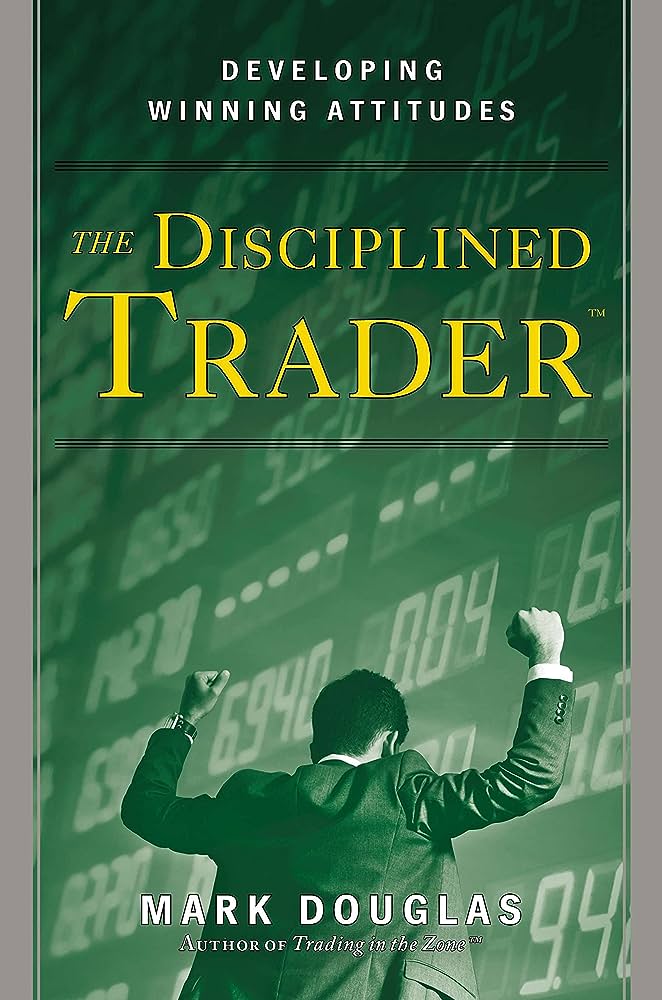
“The Disciplined Trader” by Mark Douglas emerges as another masterpiece that exerted a profound impact on my life, a transformation that remains a top read. While the book leans more toward the speculative dimension of investing, its insights hold immense value for any individual aspiring to navigate the investment landscape. The moment I opened the pages, an unbreakable connection was established. To internalize and appreciate the intricacies of this book, I encourage readers to read its contents repeatedly, allowing its values and principles to sink in. Central to this book is the cultivation of a refined mindset and attitude for triumphant engagement within the markets. By exploring his own tumultuous journey and setbacks as a trader in the futures pit of Chicago, Mark Douglas casts light on his subsequent bankruptcy. Fueled by these setbacks, Douglas embarked on a rigorous exploration of the attributes underpinning the prosperity of traders and investors. The outcome of his exploration is encapsulated in the principles within this book, constituting the building blocks for the mental framework necessary for long-term success in the markets. Douglas advocates the ideology that those who succeed in the markets “operate based on probabilities, not outcomes,” thereby divorcing their actions from the sway of victories or losses. Personally, this book has not only significantly shaped my investment journey but has also been implemented into the fabric of my personal life. Mark Douglas has written a classic, a wealth of wisdom I encourage any prospective investor to study, embracing its principles.
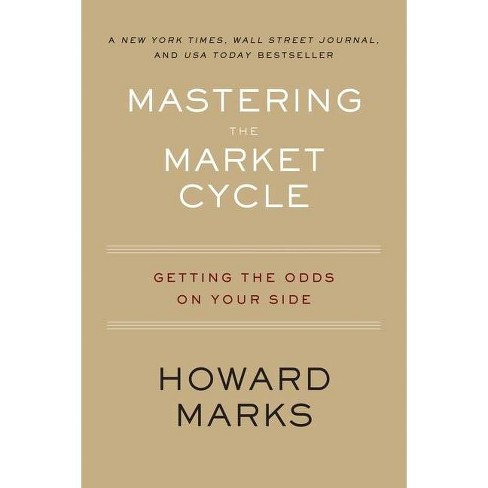
“Mastering the Market Cycle” by Howard Marks, a seasoned investor with decades of experience under his belt, commands widespread respect in the financial realm. His firm, Oaktree Capital, stands as a pillar of enduring success in the industry, particularly renowned for its focus on distressed debt investment. With a scholarly approach, Mark’s book, “Mastering the Market Cycle,” dives into the nuanced progression of market phases, spanning from peak optimism to extreme pessimism. Throughout its pages, Marks advocates for a perpetual gauge of the market’s temperature and the measurement of investor sentiment for steering our investment decisions. This book emerges as an invaluable tool for any investor aspiring to cultivate a comprehensive comprehension of market patterns and the ebb and flow of investor behavior. Mark’s contrarian stance during the Great Financial Crisis allowed him to seize opportunities amidst a substantial real estate market downturn. His theory and strategies pertaining to the market are truly awe-inspiring. For those intrigued by his perspectives, Marks shares insightful memos on his firm’s website, www.oaktreecapital.com. “Mastering the Market Cycle” equips investors with the foundational knowledge needed to learn the recurrent interplay of economic forces, human emotion, and risk management. These elements resurface time and again, and this book illuminates how we can capitalize on their misalignments within the market.
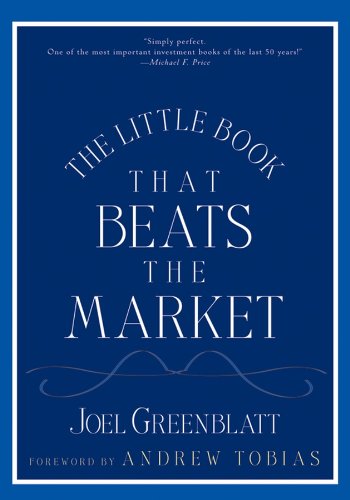
“The Little Book That Beats The Market” by Joel Greenblatt is a compact and user-friendly read for any investor seeking to amass wealth. Initially written by Joel Greenblatt with the intention of providing his children with an accessible guide to investing and wealth creation, this book stands as a testament to its simplicity and practicality. Its content is far from academic, making it an effortless read for investors of all skill levels. Joel Greenblatt introduces his unique investing approach, dubbed the “Magic Formula.” While challenges to this method and subsequent backtesting have emerged since the book’s initial publication, indicating recent market underperformance, the book’s value lies not only in whether readers choose to adopt his method but in the insights, methodologies, and approach he expounds upon. The book contains lighthearted humor coupled with straightforward examples that enable readers to grasp investing concepts from a simplified standpoint. This book equips investors with various takeaways to enhance their investment strategies. Whether or not you align with Greenblatt’s specific method, his perspectives are certainly worth exploring.
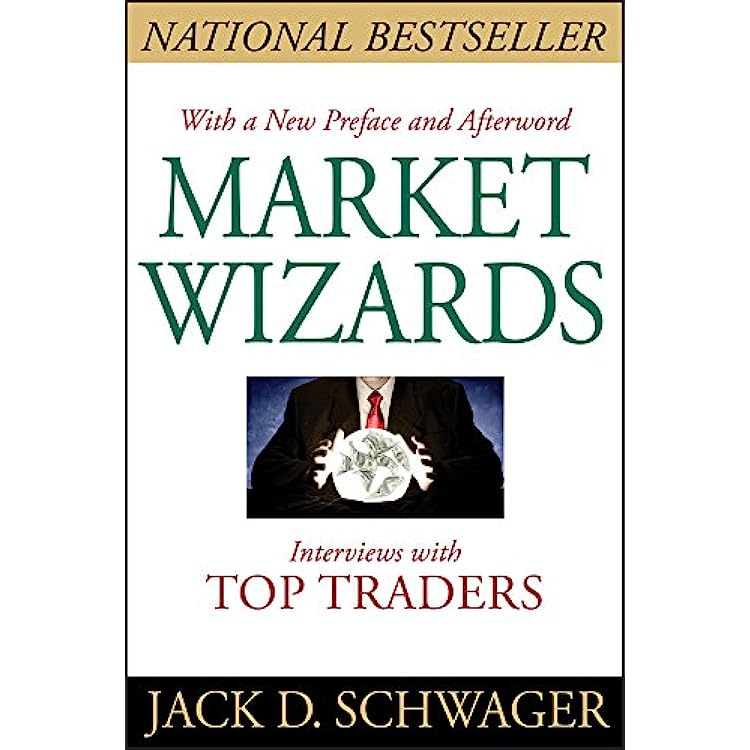
“Market Wizards” by Jack Schwager, for many aspiring investors or traders, likely rings familiar. “Market Wizards” stands as an undisputed masterpiece, a holy grail of wisdom spanning its pages. Documenting a series of interviews and dialogues with some of the most successful traders and investors, Schwager crafts a book filled with valuable insights. Schwager has expanded his collection to encompass works like “New Market Wizards,” “Hedge Fund Market Wizards,” and “Unknown Market Wizards.” Each book is amazing, with invaluable lessons and gems. A captivating part of the book is Schwager’s ability to foster an intimate connection with the traders in the book He asks about their early mistakes and experiences entering trading and investing, unraveling their journey, with commentary explaining errors and the common pitfalls they’ve surmounted. The book penetrates the mental landscapes of these traders, dissecting what sets them apart. Every interview contains multitudes of lessons recounting their determined comebacks from setbacks. The book is an uplifting read and occupies a position of dominance in my investment literature. I encourage multiple readings, as each time I have revisited this book, a new lesson is learned.
